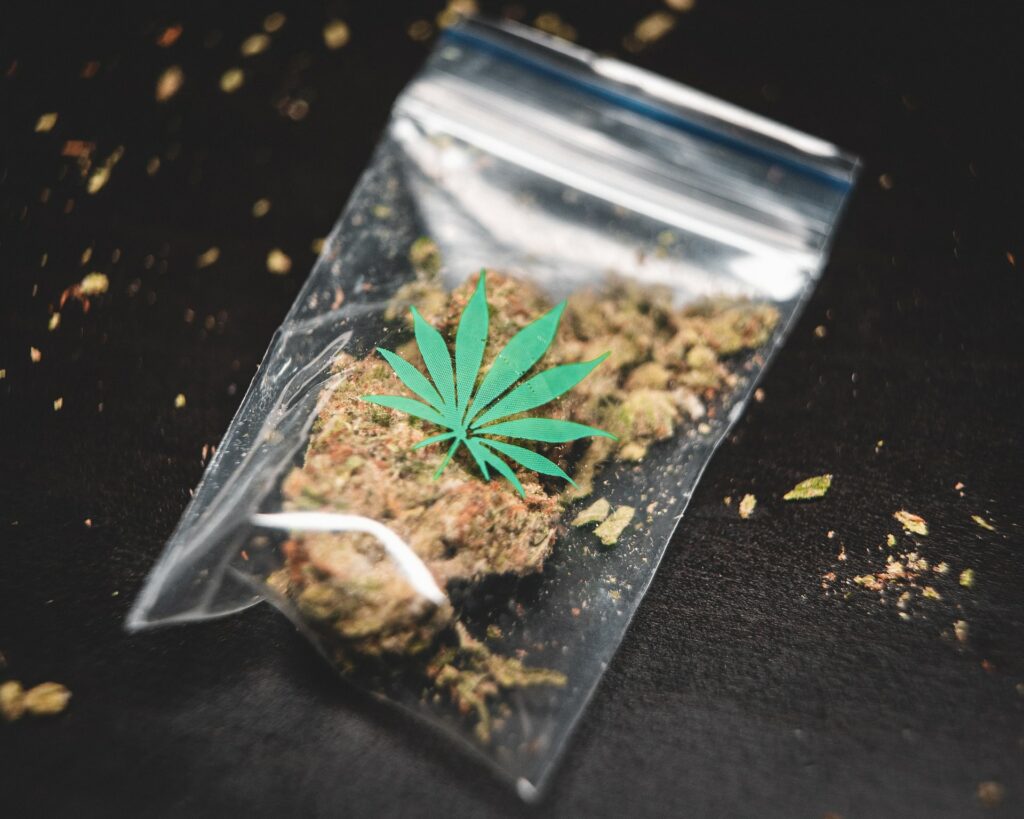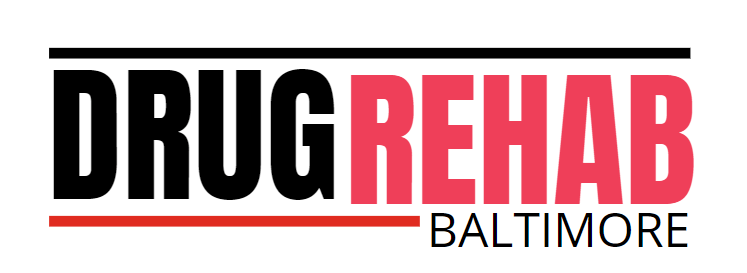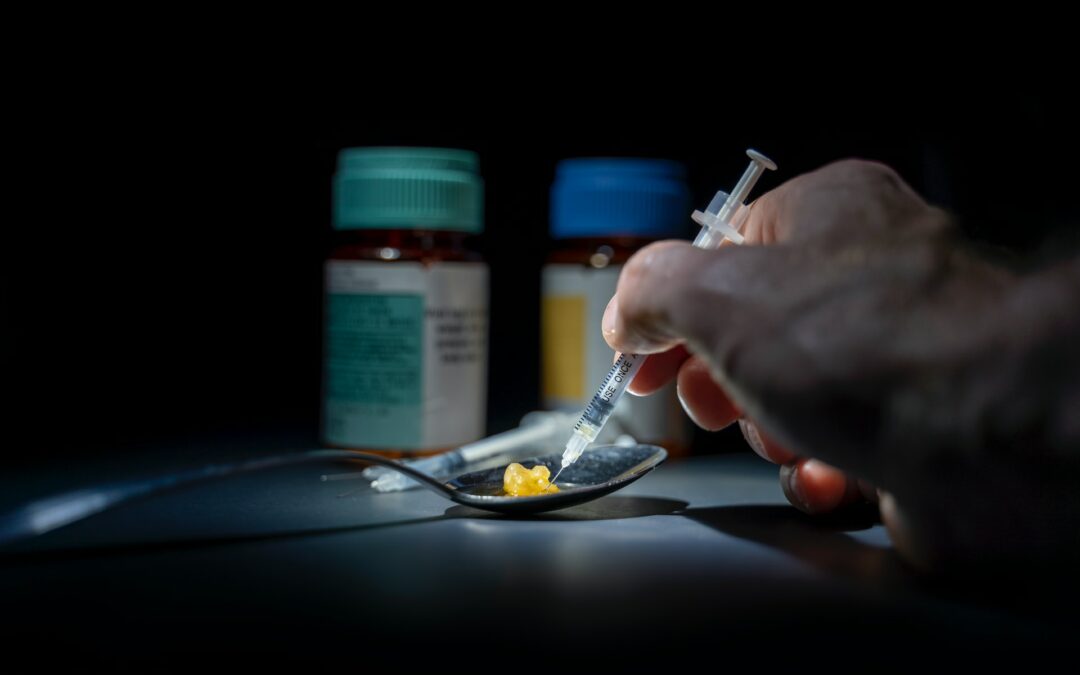Drug abuse and overdose deaths are problems that are becoming more common and more serious in the United States. It’s a good thing there’s aid out there!
The Freedom Center’s outpatient drug rehab may include the following services:
An all-inclusive therapy approach that addresses drug usage as well as any underlying mental health issues.
Options for treatment at various times of the day to accommodate the schedule of the participant. Treatment options that use a holistic approach.
If you’re considering drug or alcohol outpatient rehab for a problem with addiction, think about the following things. Look for a Joint Commission-accredited facility if you can. Both intensive and ordinary outpatient therapy options are available at the Freedom Center.

Rehab For Alcoholism:
Outpatient-Facility-Addiction-Treatment-Recovery-Hope. People who are battling alcoholism may benefit from an outpatient recovery program.
Mainly if their addiction is a lesser one or has lasted for a shorter period. Although an individual may not think of themselves as having a full-blown alcohol addiction
Outpatient treatment may be a helpful alternative if they believe they are abusing the medication. The following are examples of when someone in Maryland might benefit from an outpatient rehabilitation program:
In the wake of a thorough medical evaluation, a doctor advises an outpatient program by a clinical professional. A medical detox or an inpatient program’s high degree of care isn’t necessary for you.
You’ve already finished an inpatient recovery program or something similar.
You’ve entered a program with a reduced level of rigor. You can’t get inpatient treatment because of daily obligations. However, if you’re addicted to drugs or alcohol, you’ll need professional help.
Do Drugs And Alcohol Addiction Treatments Work?
No one has to spend the night in a treatment facility to participate in a rehab program. This is where outpatient treatment differs the most from inpatient rehab in terms of scope of care.
During outpatient rehab, individuals adhere to a treatment plan created just for them. However, once their treatment is complete, they return to their everyday lives.
When it comes to outpatient treatment in Annapolis, there are many levels of severity. Some programs, for example, may be highly demanding and necessitate a sizeable weekly time commitment.
Others may only need a few hours a week of your time. Outpatient rehab allows patients to stay at home with their families while receiving treatment. Their everyday routines, such as going to school or working, won’t be disrupted.
Outpatient therapy allows for a great deal of flexibility, which many patients appreciate.
Alcohol Outpatient Programs May Have The Following Features:
A place where you feel supported and secure. Group and individual therapy combined. It’s an alternative for people transitioning from a higher level of healthcare.
Acute Outpatient Programs That Are Also Intensive. Intense outpatient treatment is a popular choice for many people. Participants receive clinical treatment during an intense outpatient program.

It’s built on a customized strategy. Addiction’s root causes such as childhood trauma or mental health issues. During an IOP, it can also be efficiently treated.
Patients enrolled in intensive outpatient programs spend the majority of their time at home. On the other hand, they could potentially be housed in a sober living environment.
What Happens After You Leave The Hospital?
After completing more severe addiction treatment, patients might join several continuing care organizations. People will be able to maintain a positive work environment in this manner. In addition, it discusses what they’re going through as they work on their recovery.
It’s time for the next person to get a turn at it. In case you have any questions, you can reach us by phone at (667) 215-5549.


Recent Comments